Demure or Brat? I Say Neither.
Let's dive into the world of "brats" and "demures"—it sounds like I'm describing rival gangs in a modern-day "West Side Story," doesn’t it? Lately, my social media feeds have been overflowing with this trend, and to be honest, it's starting to grate on my nerves. Thankfully, I’m writing this from Greece, where this nonsense hasn’t quite arrived yet. But I'm sure it's just a matter of time before it washes ashore here, only to be mercilessly mocked, as often happens to things that come for the States.
My Instagram is also drowning in ads about "feminine archetypes." Which one am I supposed to be? Am I the "dark feminine," or maybe a "witch"? Who knows and why should I even care?! I see quiz after quiz promising to help me determine my precise archetype, so as to unlock some mystical secret about myself. Insert eye roll here. But what is this knowledge actually supposed to achieve? As I roll my eyes at the screen, I realize this irritation has sparked a deeper reflection on labels and their impact.
These quizzes and idiotic social media trends do more than amuse. There’s a shadow side to all of this seemingly innocuous entertainment. They label, constrain, and limit us. As a woman, I see this firsthand. These ads are aimed squarely at us, reinforcing narrow identities that breed insecurity and self-hatered. What about men you ask? Do they have their own version of "brats" or "demure?” Probably not. No one seems to ask that question because, frankly, no one seems to care. Just like in the Barbie movie, nobody cares about Ken.
Why are we so obsessed with neatly categorizing ourselves? Why do we struggle with embracing our complexity? Why can’t we accept our own nuanced nature? Who’s behind these labels, and what’s their agenda? It feels like a thriving cottage industry has sprung up around creating tools to categorize humans. What are the psychological and spiritual costs of this relentless labeling?
From my perspective, I see myself as a divine spirit inhabiting a human form, specifically a woman’s body—an existence that is anything but simple. I embody a range of personalities and characteristics; there isn’t a moment when I exist as a singular facet of a being, even if it appears that way to the outside world. I’ve embraced and celebrated my complexity. To be clear, it took me years to get to this acceptance. Yet, what I observe is a growing desire for more categorization, for living within the confines of these labels and then people getting stuck there.
When I first embarked on my spiritual journey, I was eager to learn everything about myself—what planets I was from, which goddess I embodied, who I might have been in past lives. My friends would confidently say, “I am from Andromeda or I’m Lyrian, Syrian, Arcturian, etc.” I can understand why someone new to their spiritual path would seek this information; it can feel reassuring and affirming. The internet is flooded with quizzes that pigeonhole people (especially women) into categories like goddesses, starseeds, galactics, indigos, and more. In the early stages of spiritual exploration, these labels can help people find their community. However, the issue arises when these labels start to limit our growth, trapping us in self-fulfilling prophecies that prevent us from expanding into higher levels of understanding and being. Limitation, after all, is a form of imprisonment.
So, how do you know if you're caught in this trap? It can be difficult to recognize it when you're "in it." The following questions might help you discern if you’re stuck, and then I’ll discuss some ways to break free. As always, take what resonates and leave the rest.
All roads lead to fill-in-the-blank. If you filter every situation in your life through a single lens and refuse to consider other perspectives, you’re likely stuck. For instance, I know an Akashic record reader who consults the records for everything. Should you go to the gym today? Ask the records. Lost a sock? Ask the records. Want a tattoo? Ask the records. I’ve stopped asking her questions.
Fear of other perspectives. If the idea of exploring methods outside of your usual practice feels terrifying, you might be in a box. For example, if you're a devout practitioner of Transcendental Meditation (TM) but are afraid to try loving-kindness meditation for fear it might invalidate your TM practice, that fear is a sign of being stuck.
Over-identification with a single identity. If you’re so attached to a label—like being Pleiadian—that you can’t imagine who you’d be without it, it might be time to examine that attachment. Humans, for the most part, are complex beings capable of holding multiple perspectives. Clinging too tightly to one identity hints at insecurity and fear.
Echo chambers in your social circle. If your friend group doesn’t tolerate differing views, that's another red flag. Healthy communities can entertain diverse viewpoints without feeling threatened.
Harmful attachment to labels. If you’re putting yourself in physical, mental, or emotional danger to uphold a label, it’s time to reevaluate. I had a client once with a serious cancer diagnosis who refused to consider chemotherapy because of a belief in channeled writing by St. Germain that discouraged it. This rigid adherence to a belief can have dangerous consequences.
To be clear, there’s nothing inherently wrong with identifying as a goddess, starseed, or any other archetype. The issue arises when that identification becomes so rigid that it starts to harm your mental, spiritual, or physical well-being. Rigidity and dogma are tools that have long been used by religion to keep people in line. And if you’re a staunch Christian, brace yourself—you might not like what comes next.
I believe in God, but it’s the God of my understanding, not the version supported by mainstream Christian institutions. I don't subscribe to organized religion. The subject of God and religion is vast and I won’t dive into it fully here, but trust me, I’ll have plenty more to say in future posts. I bring this up because the labeling we see today is reminiscent of the tactics used by religious institutions to define and control. People go through so much trouble to leave the church because they find it limiting and toxic only to recreate the same conditions but at a different address.
Here are five real-life ways to break free from the kind of stuckness that comes from rigid labeling and over-identification:
Embrace the unknown. One of the most liberating practices is to get comfortable with uncertainty. Instead of seeking to define every aspect of yourself through a label or category, allow yourself to explore the unknown. Embrace the idea that you don’t need to have all the answers. This can open up space for growth, new perspectives, and unexpected insights. Practice being okay with not knowing, and notice how it feels to live in that space of possibility.
Cultivate multiple perspectives. Actively seek out and explore perspectives that are different from your own. This can mean trying out new spiritual practices, reading books from different belief systems, or engaging in conversations with people who hold different views. By exposing yourself to a variety of perspectives, you can start to see the limitations of a single label and appreciate the richness that comes from holding multiple truths.
Practice self-reflection without judgment. Regular self-reflection is key to understanding where you might be stuck. Set aside time to journal or meditate on your current beliefs and practices. Ask yourself questions like, “Why do I hold onto this label?” or “How does this identity serve me?” Be honest with yourself, but also compassionate. The goal is not to criticize or judge, but to gently uncover areas where you might be limiting your own growth.
Create a ritual of releasing labels. Rituals can be powerful tools for change. Consider creating a personal ritual to release labels that no longer serve you. This could involve writing down the labels or identities you feel stuck in on a piece of paper and then burning it, burying it, or sending it out to sea. Fire is my favorite, but do what calls to you. As you do this, set the intention to let go of these limitations and to embrace the full complexity of who you are.
Accept changing course and not seeing it as a mistake. This goes hand-in-hand with releasing self-judgement. There is no perfect modality, community, or way of being. Sometimes we make overindex and overinvest in personas that make us cringe years later. In the moment it seemed like the thing that you’d believe in for the rest of your days, but then you come to the realization that it’s not. It’s okay to grow and change. It is not wrong to abandon something that does align with your values any longer - it’s growth. Time is never wasted.
In a world that often seeks to confine us to tidy boxes and neat labels, choosing to embrace our full complexity is a radical act of self-love and freedom. It's easy to fall into the trap of believing that we must be one thing or another, that we must conform to the archetypes or identities imposed on us by society, culture, or even our own minds. But the truth is, we are all vast, multidimensional beings, capable of holding many truths and embodying countless aspects of existence.
Breaking free from the limitations of rigid labels is not just about rejecting external definitions—it's about reclaiming the power to define ourselves on our own terms. It's about recognizing that we are not meant to fit into narrow categories but to expand, evolve, and transform throughout our lives. Whether you are a brat, demure, a wildchild, goddess, witch, or all if it simultaneously or none of it at all - let’s celebrate our complexity. Let’s honor the messiness. In doing so, we open ourselves up to deeper connections, richer experiences, and a more profound understanding of our own divinity. Remember, you are not a label—you are limitless. And it’s time to live like it.

